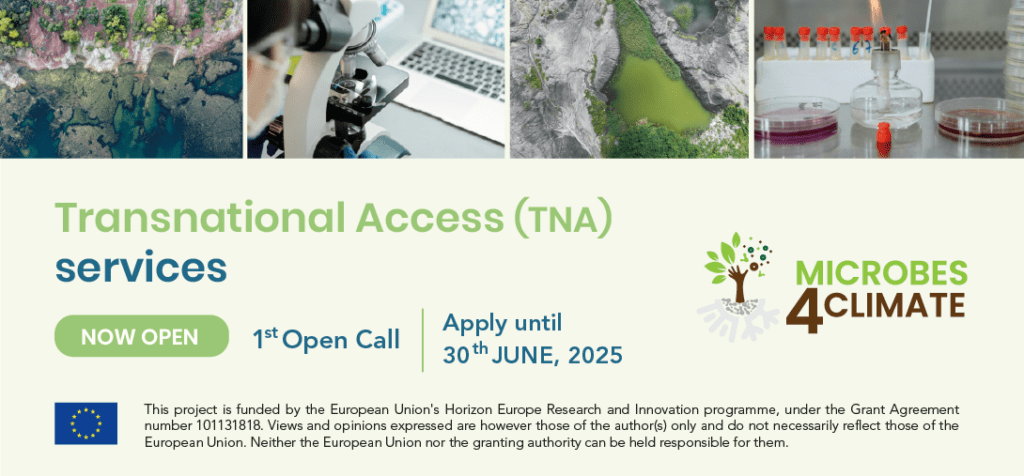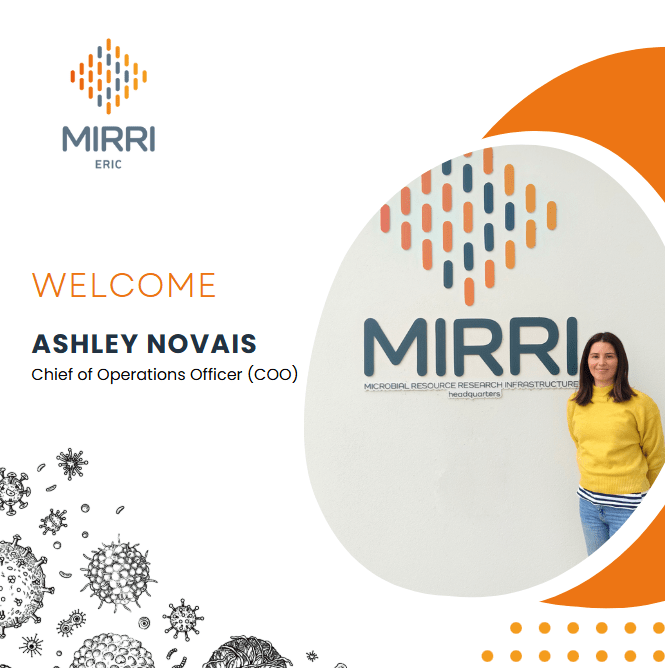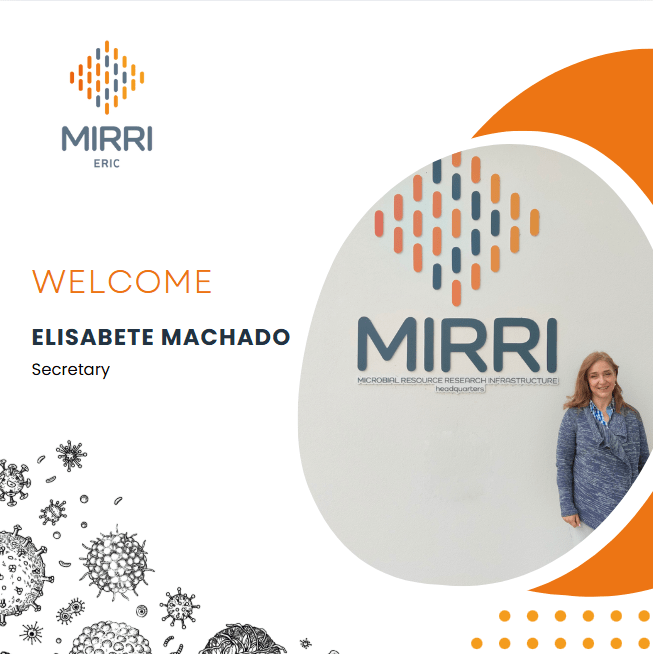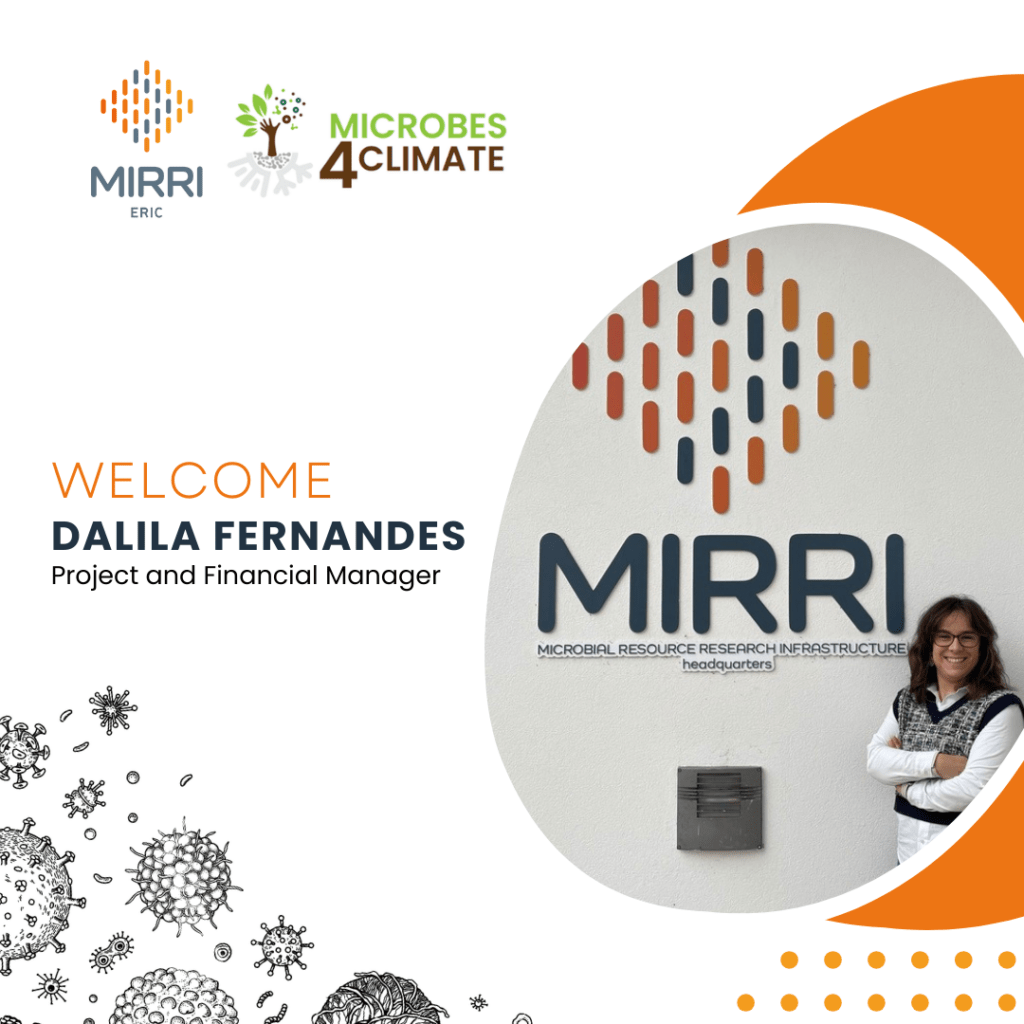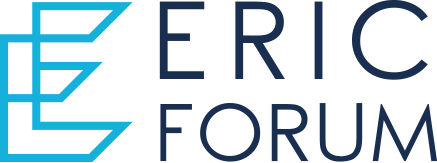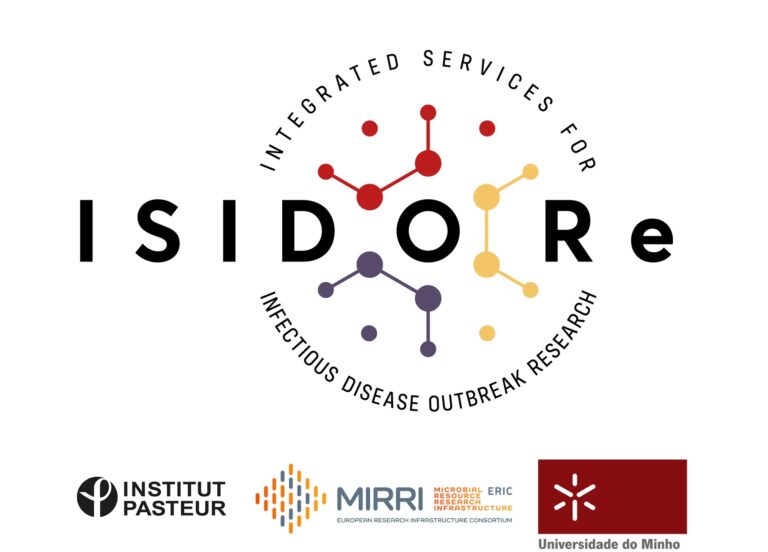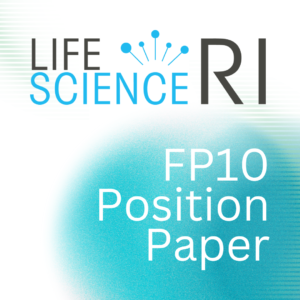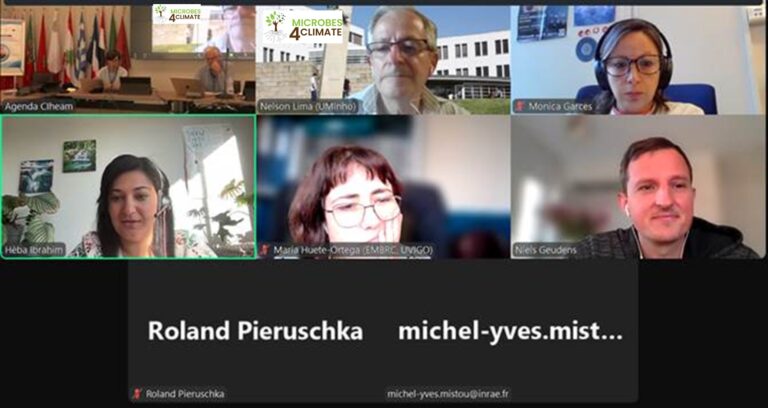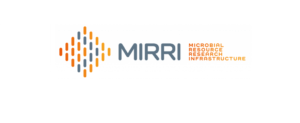A position paper was published in April 2024 focused on the role of European Research Infrastructure Consortia (ERICs) in the European Commission’s upcoming funding programme. The 10th Framework Programme (FP10), scheduled for implementation from 2028 to 2035, will build upon the successes of its predecessors, Horizon 2020 (FP8) and Horizon Europe (FP9), by the ERIC FORUM.
ERICs are increasingly recognized as vital instruments for achieving meaningful scientific, technological, and societal impact.
This position paper identifies six key areas for consideration: funding, consolidation, structural support, governance, innovation, and access, and also highlights the continuous support of ERICs under the 9th Framework Program (FP9), which allowed these consortia to expand their operations and further enhance their contributions to advance science in the European Research Area. ERICs have evolved beyond their original mandate of providing basic research services; they now play a crucial role in addressing broad societal challenges and aligning with the European Union’s policy objectives. As stated in this position paper, “ERICs now offer services that support not only basic research but also initiatives that address significant societal issues, aligning with EU policy goals and serving as key instruments in translating these policies into actionable, impactful outcomes.”
It is also emphasized that financial support from Member States is still linked to the initial remit of ERICs. It calls on the European Commission to work with Member States to secure enhanced national funding through Structural Funds, where applicable.
It also stresses that additional direct support from the European Commission would strengthen the mission and impact of ERICs, expanding their reach and visibility across Europe and beyond.
This position paper advocates for recognizing existing ERICs as Strategic Assets and calls for greater focus on new initiatives that bring together existing infrastructures, rather than funding projects aimed at establishing new ERICs.
As highlighted in the paper, “Together, ERICs offer the broadest range of services to scientific communities, spanning disciplines from social, life, and environmental sciences to astronomy, physics, and engineering.”
One of the key issues raised in the paper is the need to distribute Research Infrastructure costs more equitably, particularly to enhance the involvement and impact of Central and Eastern European (CEE) countries. It is therefore recommended that FP10 includes additional calls under the Widening Instrument to encourage participation and development of national nodes within ERICs, as well as support and access for countries that are not yet ERIC members.
The paper further suggests that FP10 should provide support for ERICs to refine their governance structures, allowing them to remain agile and responsive to an evolving research environment. This type of funding is typically outside the scope of most ERIC operational and research budgets.
As noted in the paper, “Additional funding for governance development and management training could significantly improve ERICs’ effectiveness.”
Another important area highlighted is the integration of ERICs with industry. The paper calls on FP10 to continue funding initiatives (such as INFRATECH) that foster stronger connections between research infrastructures and the private sector. Further EC support to raise awareness and promote critical interactions between ERICs and industry, especially through initiatives like the European Innovation Council, is encouraged.
“Funding instruments that promote cooperation between ERICs, industry, and the public sector will help realize the full potential of ERICs, leveraging their unique assets and legal structure,” the paper asserts.
The paper also stresses that FP10 funding should ensure that researchers can fully benefit from the services provided by ERICs, with access to these services not contingent on the availability of additional funding.
The paper concludes by calling for funding mechanisms that enable European researchers to take full advantage of the broad range of services offered by ERICs, thereby unlocking their full potential. “For researchers to fully benefit from the ERIC services now available to them, funding for access to and use of these services (including physical, remote, and virtual access) must be continuously available at the European level.”
In conclusion, the ERIC FORUM asserts that FP10 will play a pivotal role in securing the future success of all 28 ERICs and that ERICs are essential for achieving the ambitious goals of the European scientific community.
The ERIC Forum is a collective body representing ERICs and ERIC projects aiming to advance the operations of ERICs and strategically contribute to the development of ERIC related policies.

